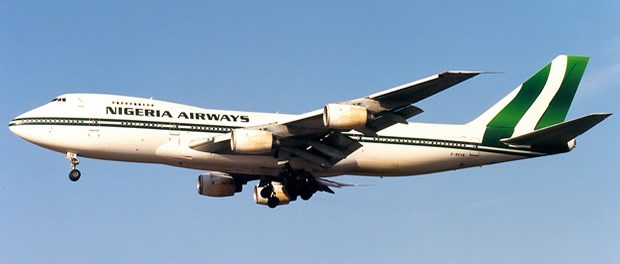
The federal government has begun efforts to re-establish the national carrier, some 13 years after it liquidated the former national carrier, Nigeria Airways. The former national carrier was liquidated following its mismanagement, government control and undue interference in its affairs, resulting in huge debts and depletion of its fleet. This time around, the government has appointed transaction advisers for the establishment of the national carrier, a facility maintenance company and an aircraft leasing company. The transaction advisers have also swung into action.
When he was briefed on the state of the aviation industry on assumption of office in 2015, President Muhammadu Buhari rightly observed that the nation’s airports were the windows through which people saw the country and that people coming into the country were likely to come through the airports. Thus, if the nation cannot
secure and maintain its aviation infrastructure, it will reflect very badly on the country. In other words, the state of a country’s national carrier also impacts on the image of the country in people’s minds.
With well over 170 million people, Nigeria has the largest population in the country. In other words, the state of a country’s national carrier also impacts on the image of the country in people’s minds. Nigeria has the largest population and the largest economy in Africa. It is also one of the most endowed with resources by nature. Unfortunately, in spite of these resources, the country does not have any national carrier that can effectively compete with major carriers across the world in operating international destinations. These, among others are plausible reasons that make it imperative for Nigeria to have a robust and well managed national carrier to fly its flag at this point in its history.
Also, the establishment of a national carrier will provide the necessary platform for a strong and well developed aviation sector in the country. In particular, the need for a strong aviation sector in the country is why the government is establishing Maintenance, Repair and Overhaul (MRO) facility and an aviation leasing company in tandem with the establishment of a national carrier. MRO services are
very costly but few in Africa and most airlines in Africa take their airplanes overseas for mandatory checks and maintenance. Consequently, the MRO facility will attract local airlines and other airlines from across Africa for patronage, while the establishment of an aviation leasing company will solve the problem of inadequate access to capital and the high cost of funds in the country.
However, in re-establishing the national carrier, the government must ensure that it is free from government control and interference as these were the seeds of the mismanagement and neglect that led to the failure and eventual death of the former national carrier. Also, granting that in Nigeria, whatever belongs to the government
belongs to no one, and that government does not have a history of successful management of any enterprise, the ownership of the new national carrier must be well distributed with the government having not more than 10 percent of its shares and the rest shares sold to private individuals across the country.
Going forward, such a PPP arrangement in the ownership and management of the proposed new national carrier will free it from government control and undue interference. Above all, the airline must have a competent technical partner who will bring expertise, knowledge and fund into the airline and make it a successful
enterprise.